The making of a poet: Wilfred Owen’s ‘autobiography’ in letters
How, between 1911 and 1917, Owen became the dazzling poet we know and love is the story told in Jane Potter’s new edition of his selected letters
A pure original: the inventive genius of John Donne
John Donne sounds like nobody else, and his poems invite us to feel that we might know him, says Daniel Swift
Will’s world: Shakespeare as the man in the crowd
Shakespeare’s first biographer was the gossipy antiquarian John Aubrey, who famously described the playwright as ‘not a company keeper’. It…
What the sonnets tell us about Shakespeare
When Romeo and Juliet first meet at a party, their words to one another fall into the form of a…
Killing time: the poetry of Keith Douglas
Keith Douglas is perhaps the best-known overlooked poet. He died following the D-Day landings in 1944, and his Collected Poems…
The Dambusters raid was great theatre — but almost entirely pointless
The great bomber pilot Guy Gibson had a black labrador with a racist name. This shouldn’t matter, except Gibson loved…
Has Shakespeare become the mascot of Brexit Britain?
The deployment of Shakespeare to describe Brexit is by now a cliché. It might take the form of a quotation,…
Why were the Victorians so obsessed with the moon?
In Shakespeare’s A Midsummer Night’s Dream, a group of slightly ramshackle workmen decide to put on a play. The play…
The Australian James Joyce: the novels of Gerald Murnane reviewed
Gerald Murnane is the kind of writer literary critics adore. His novels have little in the way of plot or…
Shakespeare as political pamphleteer
Shakespeare’s Rape of Lucrece is a puzzling and often terrible poem. Lucrece, the devout wife of Collatine, is raped by…
Donald Trump: a Shakespearean tyrant to a T
‘What country, friends, is this?’ asks Viola at the start of Twelfth Night. She is shipwrecked and heartbroken; she does…
The changing face of war and heroism
On War and Writing by Samuel Hynes is hardly about war at all. There is little about combat here, or…
William Shakespeare: all things to all men
The best new books celebrating Shakespeare’s centenary are full of enthusiasm and insight — but none plucks out the heart of his mystery, says Daniel Swift
Karl Ove Knausgaard describes nothing happening — wonderfully
It is hard to explain the contents of Karl Ove Knausgaard’s vast series My Struggle because not much happens. Or…
Hide and seek with T.S. Eliot
Not only is this the definitive edition of T.S. Eliot’s poems, it is also the best biography of the poet we have, says Daniel Swift
‘Doorways to the unknown’: Clive James’s Latest Readings
In the preface to his great collection of essays The Dyer’s Hand, W.H. Auden claimed: ‘I prefer a critic’s notebooks…
Helen Vendler is full of condescending waffle (and not just when she’s attacking me)
Is it possible to tell a good poem from a bad one? To put the question another way: are there…
Pricking the pomp of American society
It doesn’t mean much to say that Renata Adler’s journalism isn’t as interesting as her novels — almost nothing is…
Edward Thomas: the prolific hack (who wrote a book review every three days for 14 years) turned to poetry just in time
Edward Thomas was gloomy as Eeyore. In 1906 he complained to a friend that his writing ‘was suffering more &…
Tom Eliot — a very practical cat. Did T.S. Eliot simply recycle every personal experience into poetry?
T.S. Eliot may have put much of his early life into his poetry, says Daniel Swift, but The Waste Land remains a marvellous mystery that defies explanation

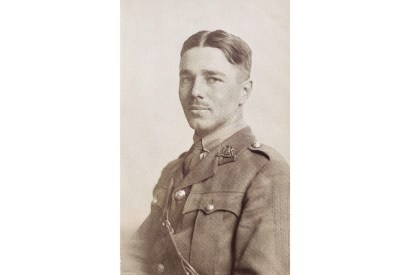
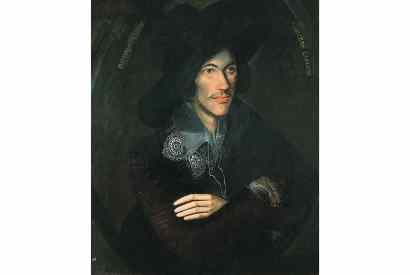
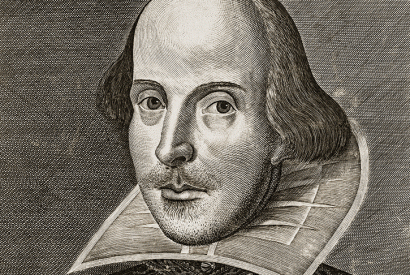
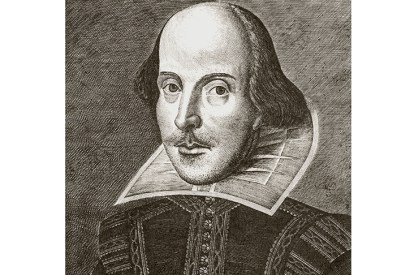
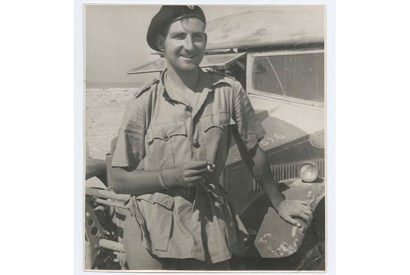
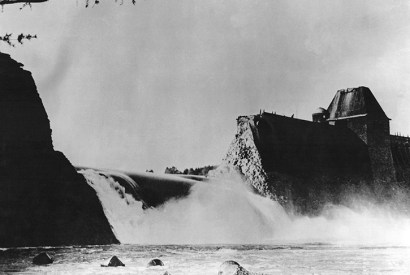
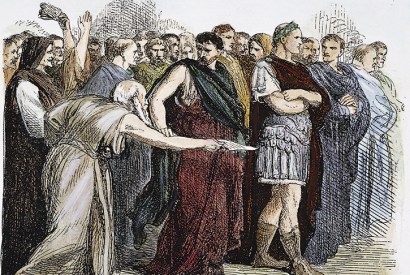
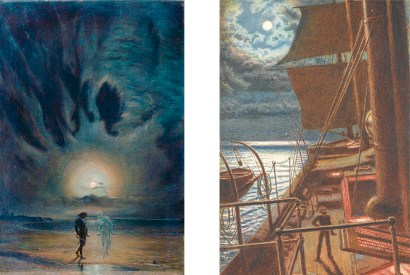
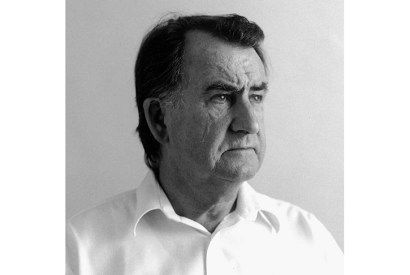
![The Earl of Southampton, to whom Shakespeare dedicated ‘The Rape of Lucrece’. [Getty]](https://www.spectator.com.au/wp-content/uploads/2018/11/The_Earl_of_Southampton.jpg?w=410&h=275&crop=1)
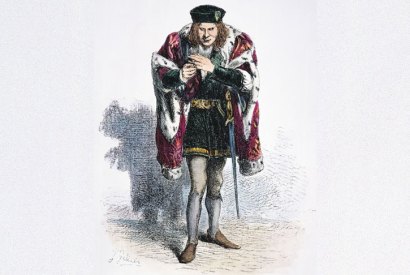
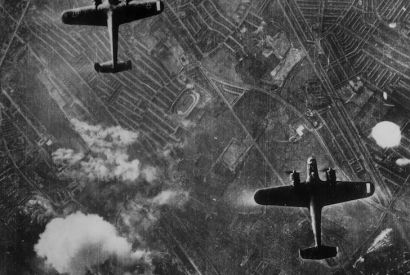
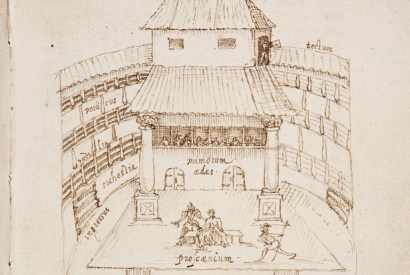
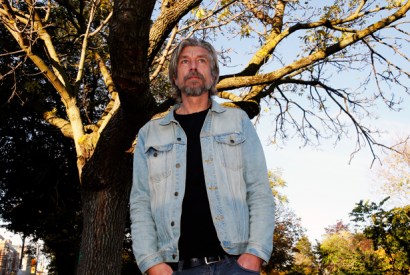
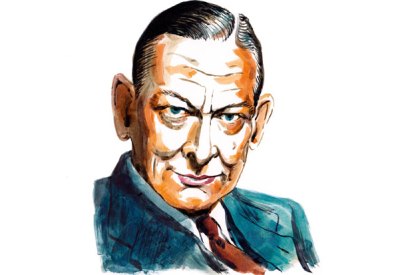
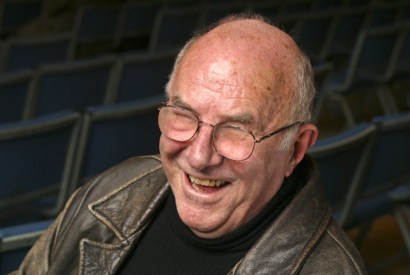

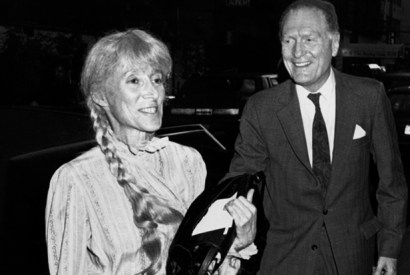
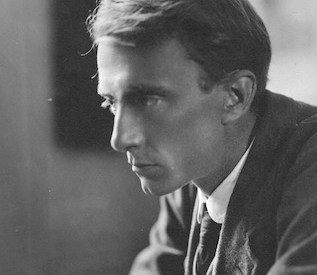
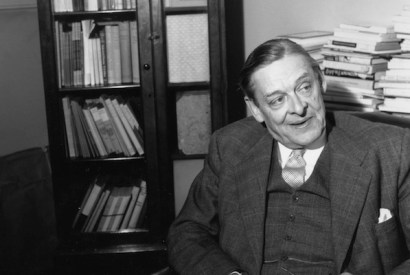






'One warm night in June 1917 I became the man who nearly killed the Kaiser'
Daniel Swift 1 March 2014 9:00 am
The traditional story told about the first world war is that it changed everything: that it was the end of…